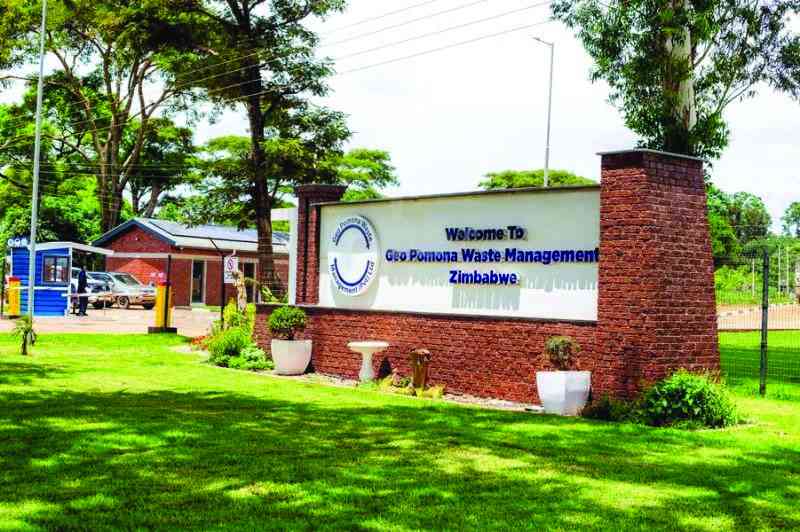
LOCAL reinsurance company, MucaRe, this week said the current limits for funeral assurers are too low for them to have reinsurance arrangements in place.
As late as 2015, about 90% of funeral assurers in Zimbabwe did not have reinsurance as a risk management tool and to date the figure has shot to 100%.
Reinsurance is insurance bought by an insurance or assurance company to cover claims in times of distress while reinsurance risk retention measures planned acceptance of losses by deductibles.
But year-in year-out, the Insurance and Pensions Commission (Ipec) has raised concerns about lack of reinsurance arrangements by local funeral assurance players.
In its latest funeral assurance report, Ipec said all the players were not compliant with minimum prescribed asset requirements for the sector with an average prescribed asset ratio of 0,007% against a required ratio of 10%.
“The commission is concerned by the continued non-compliance levels with prescribed assets,” the report read in part.
“Few funeral assurance companies have submitted compliance roadmaps which have since been approved while some are yet to develop and submit roadmaps in line with SI 206 of 2019. The commission will be escalating measures to cause compliance.”
However, MucaRe chief executive officer Douglas Sithole told Newsday Business on the sidelines of the Insurance Institute of Zimbabwe (IIZ) winter school in Nyanga this week that the nature of business for funeral assurers, especially their limits made it difficult for them to take up reinsurance.
- Mavhunga puts DeMbare into Chibuku quarterfinals
- Bulls to charge into Zimbabwe gold stocks
- Ndiraya concerned as goals dry up
- Letters: How solar power is transforming African farms
Keep Reading
“The nature of business, the limits, is very low. For example, if someone maybe has a limit of say US$10 000 it is very low for reinsurance. The way insurance works is that the insurance company takes the risk from the insured public up to their limit,” he said.
“They also have desired limits in risk management then beyond desired limits according to their governance issues, risk management, corporate governance they pass on to the reinsurance, so you find those limits are too low and will fit perfectly well within acceptance limits and there will be no need for reinsurance.
“At this moment, it will be very rare and very difficult to see a funeral assurer going all the way up to reinsurance.”
Sithole said the regulator was there to protect public interest and it was natural that it became concerned in case anything happens by way of accumulation, one company may not be able to assist the insuring public.
“So, perhaps we will be looking at a maximum possible accumulation where at one event we lose so many lives which need funeral assistance and one company may not be able to meet the cost.
“In this case, it can be arranged in some sort of agreement, say possible accumulation limit that can help structure some programmes that can cover the funeral assurance company. That’s when the reinsurance company comes in," he said.
But the funeral space has been a hard sale for local reinsurers.
Market watchers have always argued that embracing best practices such as consulting actuaries operating in the life space and taking on proper reinsurance arrangements would improve players’ underwriting capacity.
This will also widen industry players’ knowledge in relation to market dynamism.
Should the assurers take up reinsurance, they stand to increase the amount of available capital, allowing them to write more business while also meeting their minimum capital requirements.







